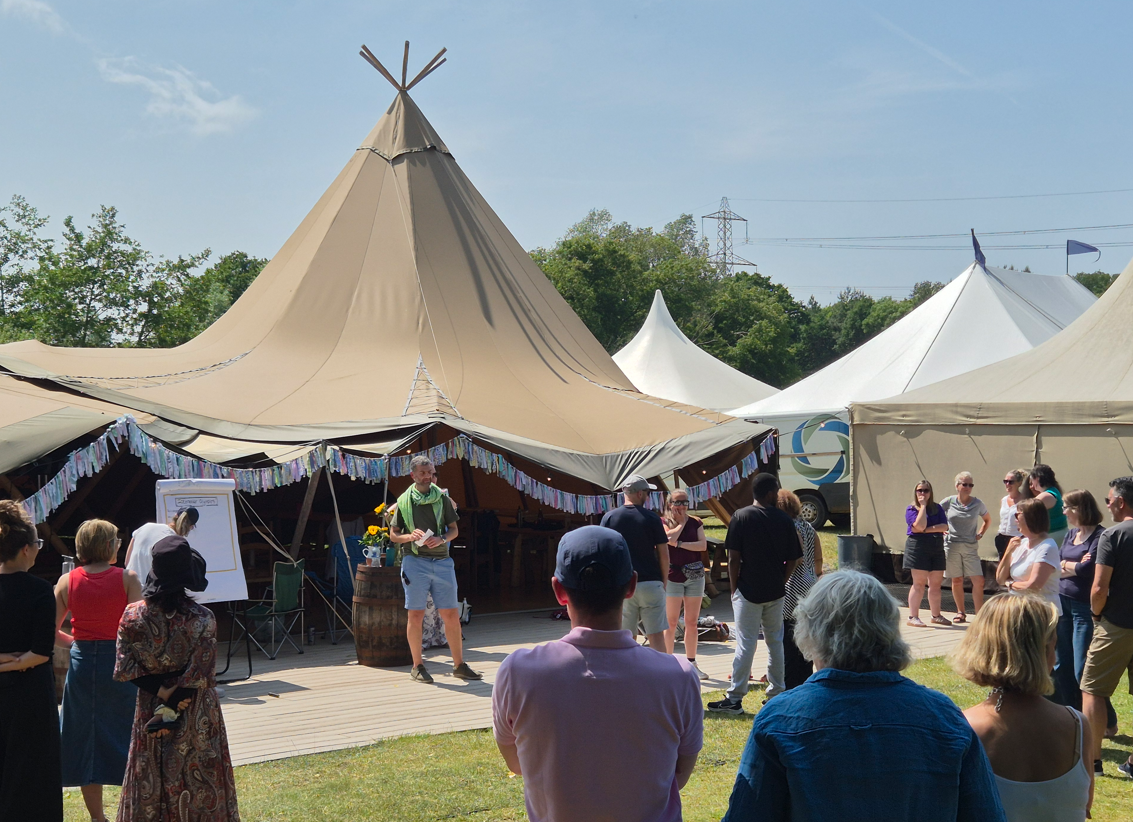This month Michelle Parry-Slater reflects on what she has learnt from not always winning the work pitch
July is the financial year end for my consultancy business. The business turned 9 years old on 1st July. It is a reflective time of year as I consider what went well and what I need to do to be even better in the coming year. To help with understanding what to improve, I usually contact those potential customers that I had spoken to but who didn’t continue to become clients – or leads, as salespeople call them. Asking for feedback is always interesting. How often do you ask for feedback? You may be surprised at what you hear.
That experience was gained by study and a lot of hard graft
The responses I tend to get fall into two camps – too expensive and/or the proposal was too complex. I have dug into this. The expensive element I am fine with – my price is my price and it’s based on my decades of experience. That experience was gained by study and a lot of hard graft, and I deserve to be able to support my family with that expertise.
The complexity part is because I don’t simply offer ‘a course’ – even if asked. I will always challenge a request for ‘a course’ because I want to be sure that any solution I offer will actually work. Why would people pay for something hoping it will work as opposed to feeling confident the solution is answering a real business need in a way that is more likely to be successful?
Learning from failure
It seems however that by not winning all my proposals, I have not been able to persuade people that it is important to do the groundwork first. I never accept any request for ‘a course’ at face value. I always ask, ‘How do you know?’ If a potential client cannot answer that question, I usually won’t even offer a proposal. I will suggest they go away and dig for evidence (or I can help them do the digging). If I do offer a proposal, it will always start with an evidence research piece, so we know what is really required, what the success criteria will be and how we can be confident in the solution.
Yet this is not popular with everyone, and to be honest that blows my mind. What are they afraid of? Why would anyone want to spend on learning in the hope it works, rather than in the confidence it will be intentionally designed to meet a direct business need and therefore most likely to work?
I think we are making a mistake
I do win work with my methodology. Yet there are some people who don’t want an evidence-based approach. They want to plug in ‘a course’ as that ticks a box for them. They want to be seen to be producing content. They want to spend their budget within the financial year, or they lose it next year. To be honest, with such an attitude maybe they deserve to lose it. When we make our learning decisions as money decisions not outcome decisions, I think we are making a mistake.
Some proposals are just a horrible procurement process. It feels like you are there to make up the numbers as they are going through a process to rehire their current supplier! Some are so unreasonable that they are impossible to work within the timelines or numbers. Many lack the ability to build a relationship, they want box ticking and number crunching.
Overwhelmingly what I have noticed in my year end reviews of all the accepted proposals is that they are with clients who enable me to build and grow a relationship with them. I win the work. People buy from people. Proposals need trust, understanding, direct relationships. I will not waste my time if I cannot speak with stakeholders directly. I’d like to know how accessible are you to your providers?

Michelle Parry-Slater, is director of Kairos Modern Learning and author The Learning and Development Handbook




